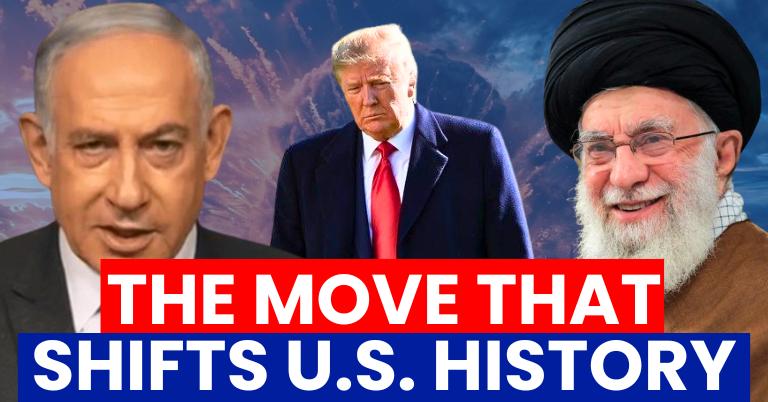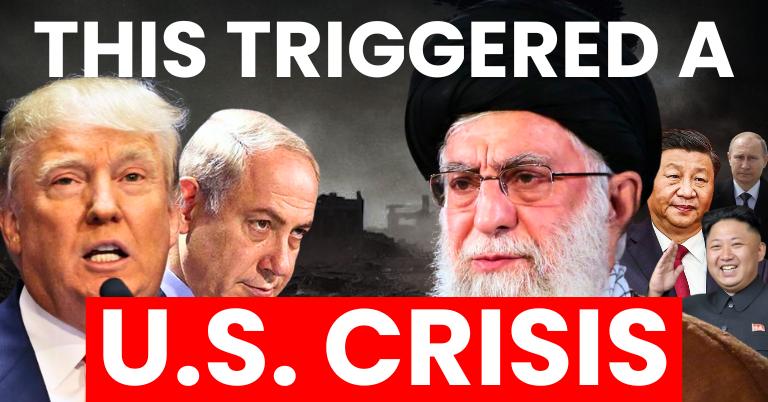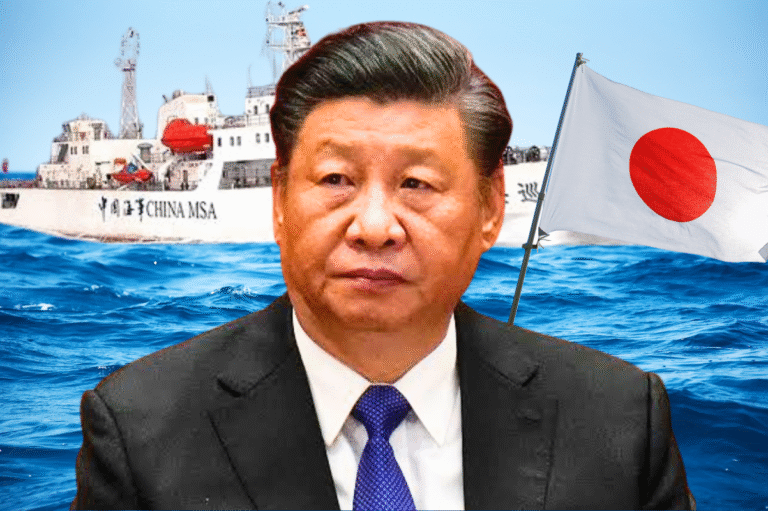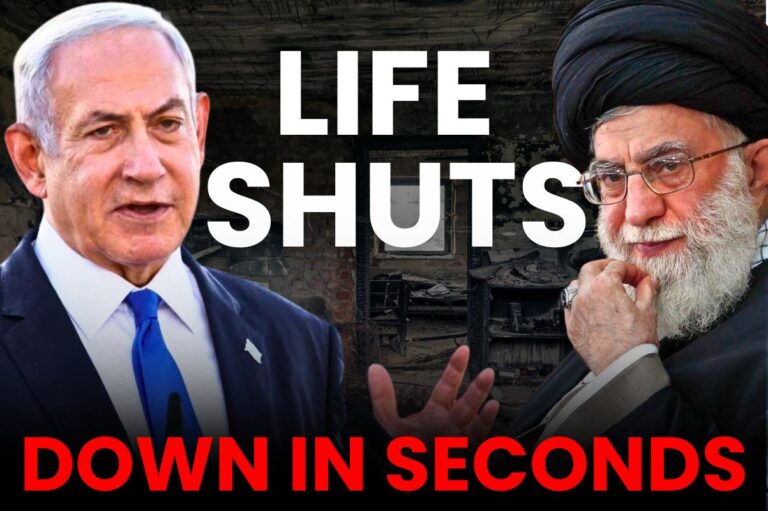Israel vs Iran – The One Move That could Change America Forever
The tensions between Israel and Iran have gone beyond regional disputes. Just one crucial action capable of altering America’s position in the world. This article will discuss the potential of this significant move that could change America forever. We will be analyzing its extensive effects on the United States and considering possible reactions from Washington.
What Is the “One Move”? The Strike on Iran’s Nuclear Facilities
A significant historical change might take place after the United States executed a precise attack on Iran’s robust nuclear facilities. In mid-June 2025, simultaneous strikes were initiated against Iran’s enrichment sites at Fordow, Natanz, and Isfahan, effectively reducing Iran’s nuclear capabilities. A successful operation could curb Iran’s nuclear aspirations while also involving the United States in a possibly extended regional conflict.
Why World War 3 May Not Just Be a Theory Anymore.
Why This Move Matters to the U.S.
1. Military Entanglement
Regardless of whether Israel launches the strike, it is highly likely that the U.S. will be involved. American military bases and carrier groups are currently aiding Israel’s air operations in the area. Should Iran retaliate, whether through missile assaults on U.S. forces or allied nations, it could force the U.S. to step in.
2. Economic Repercussions
Iran has cautioned about the possibility of blocking the Strait of Hormuz. This crucial maritime route is responsible for about 20% of worldwide oil transactions, and any interference could result in a drastic increase in oil prices, potentially hitting $100-$150 per barrel, and triggering inflation on a global scale.
3. Domestic and Congressional Pressure
Public sentiment is split, as shown by a recent survey indicating that 45% are against U.S. military action against Iran, while an additional 30% reported being unsure. At the same time, Congress is voicing apprehensions about the president’s power to engage in military action without clear authorization from Congress.
Possible Scenarios After the Strike
A. Iran Retaliates Through Proxy or Direct Attack
Iran may attack commerce, use cyber capabilities, or launch missile strikes at American or Israeli locations in an effort to increase pressure without starting a full-scale conflict, according to wsj.com.wsj.com.
B. U.S. Forced Into Defense or Counterattack
Washington might feel obliged to take direct action if American assets or personnel are targeted. This might entail carrying out more attacks or sending more troops to the area, thereby increasing American engagement.
C. Diplomatic Shake-Up
To offset the attack, Iran may look to form alliances, possibly with China, Russia, or other regional powers. U.S. strategic interests, like involvement in Ukraine or the Indo-Pacific area, might be marginalised as a result, though.
How Could America Respond?
- Full military escalation, including additional airstrikes or troop deployments
- Defensive posture, protecting strategic assets while avoiding deeper entanglement
- Diplomatic route, re-engaging with Iran through new negotiations or renewed inspections via the IAEA
While total regime change is unrealistic, observers like former Israeli Prime Minister Ehud Barak warn that if Washington works closely, focused military pressure might revive diplomacy.
Why This Moment Is a Tipping Point for America
This scenario places the U.S. at a critical geopolitical juncture-
- Economic Fragility – Oil disruption could shock global markets as Iran has control over 27% of world oil passing through the Strait of Hormuz.
- Strategic Overstretch – A deep involvement risks diverting U.S. attention from other hot spots like Ukraine or China.
- Domestic Backlash – With public and congressional resistance, deeper military engagement could become politically untenable.
- Broader Regional Instability – A tangled U.S. role might embolden Iran’s proxies, destabilize Gulf allies, and lead to intensified human and economic costs .
External Sources Worth Exploring
- Financial Times on regional escalation risks.
- Atlantic Council experts on military dynamics and global alliances.
- PBS NewsHour breakdown of possible Iranian responses.
Conclusion
The calculation between Israel and Iran hinges on a meticulously planned attack on Iran’s nuclear facilities. If executed precisely, this move could potentially extend Tehran’s nuclear timeline. However, it may also undermine domestic political unity, cause global economic instability, and draw the United States into a larger regional conflict. Ultimately, Washington’s Middle East policies and international standing will hinge on its decision to intervene militarily or diplomatically in the region.






